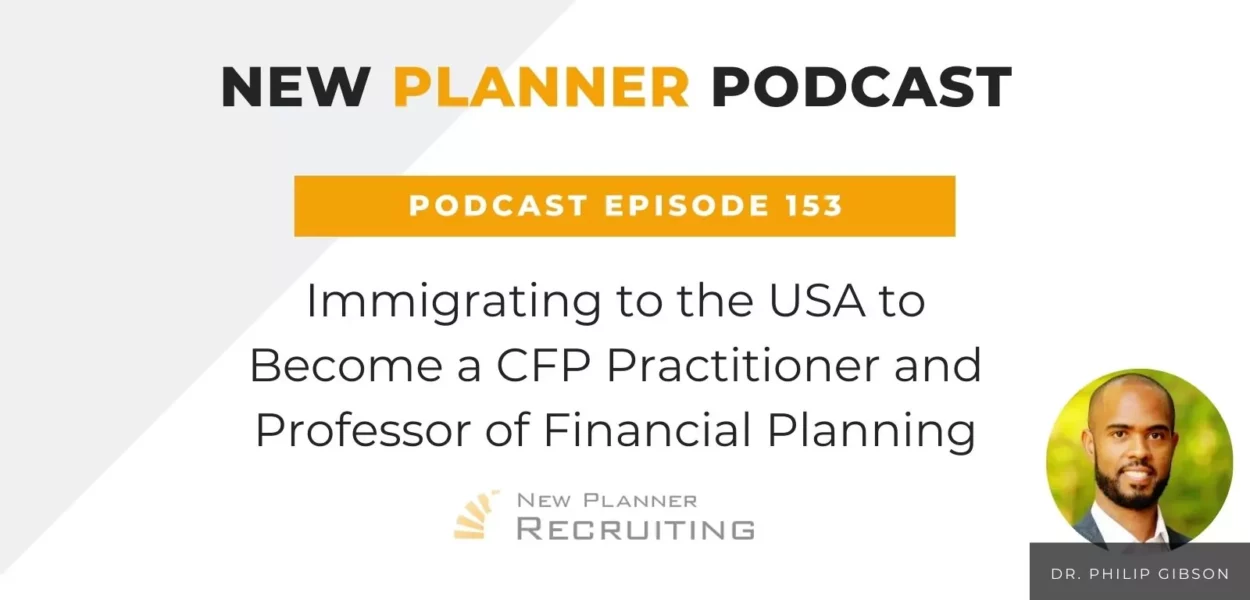Dr. Philip Gibson is a Finance Professor and Financial Advisor based out of Rock Hill, SC, and he joins the show today to share how he entered the financial planning profession. Recounting his journey from Jamaica to the U.S. for college, where a mentor's suggestion at Prairie View A&M put financial planning on his radar, Phillip shares his academic pursuits, leading to his current role at Winthrop University. If you love to teach, but also aspire to one day be a financial planner, this is an episode for you! Listen in as Philip dives into the inception and evolution of his side practice in financial planning, emphasizing how it enhanced his teaching and the Winthrop CFP program. We also discuss the challenges of building a firm from the ground up, Philip’s eventual merge with larger entities, and his advice for aspiring financial planners.
What You'll Learn In Today's Episode:
- How Philip got started in financial planning. (2:15)
- The obligations that come with academia. (7:45)
- How Philip leveraged mentors on his career track. (9:25)
- What he has enjoyed the most in his career so far. (10:20)
- The compensation range in a professor role. (11:05)
- Why Philip branched out into being a practitioner. (12:30)
- How he manages his workload as a professor and practitioner. (17:40)
- How to get started in teaching. (19:25)
Ideas Worth Sharing:
“One of the things that you have to do when you’re an academic, especially when you’re tenured academic, is you have to publish, you have to do research.” - Dr. Philip Gibson Share on X “{Mentorship} has been instrumental in my career.” - Dr. Philip Gibson Share on X “This is a field that you can’t put a price tag on.” - Dr. Philip Gibson Share on XResources In Today's Episode:
- Dr. Philip Gibson: LinkedIn
- Finding your Path: The Roadmap from Student to Successful Financial Planner by Caleb Brown
 Download your free copy of the New Planner Career Roadmap! In this roadmap, you'll be guided through the details of various stages of your financial planner career, including position descriptions, licensing, skill and experience level requirements, and compensation ranges.
Download your free copy of the New Planner Career Roadmap! In this roadmap, you'll be guided through the details of various stages of your financial planner career, including position descriptions, licensing, skill and experience level requirements, and compensation ranges.







Leave a Reply